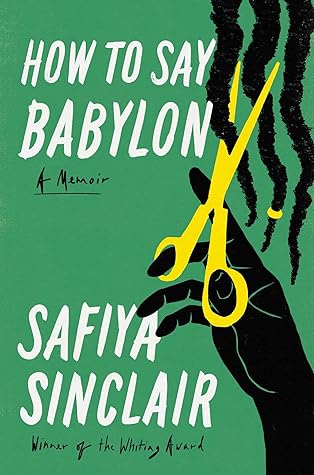More on this book
Community
Kindle Notes & Highlights
At nineteen years old, all my fear had finally given way to fire.
Ethiopia, the only African nation never to be colonized,
And though the Rastafari movement was nonviolent, they were the nation’s black sheep, feared and despised by a Christian society still under British rule, forced to live on the fringes as pariahs.
Babylon was the government that had outlawed them, the police that had pummeled and killed them. Babylon was the church that had damned them to hellfire. It was the state’s boot at the throat, the politician’s pistol in the gut. The Crown’s whip at the back. Babylon was the sinister and violent forces born of western ideology, colonialism, and Christianity that led to the centuries-long enslavement and oppression of Black people, and the corruption of Black minds. It was the threat of destruction that crept, even now, toward every Rasta family.
This was as close as they would ever get to Zion, the Rastafari’s name for both the promise of liberation and the soil of Africa, to where they believed it was their destiny to repatriate.
her refusal to be diminished would subtly come to shape my own sense of place in this world.
Be polite, but right,
Whenever gloom or fury overtook me, she recited “If” by Rudyard Kipling in my ear.
My sisters, my brother, my mother; they had all confessed his misdeeds to me because they wanted, as I always did, somebody to defend them. And now there was no one ahead of me except for me.
Marred by my double axe—both sentimental and a hopeless masochist, I kept expecting something different from my father every time.
Having loved him first, I somehow believed he could become something worthy of loving again. I believed it still, even then. I believe it still, even now.
There is no American dream without American massacre.
In my father’s house, I would always slip back into that girl again.


